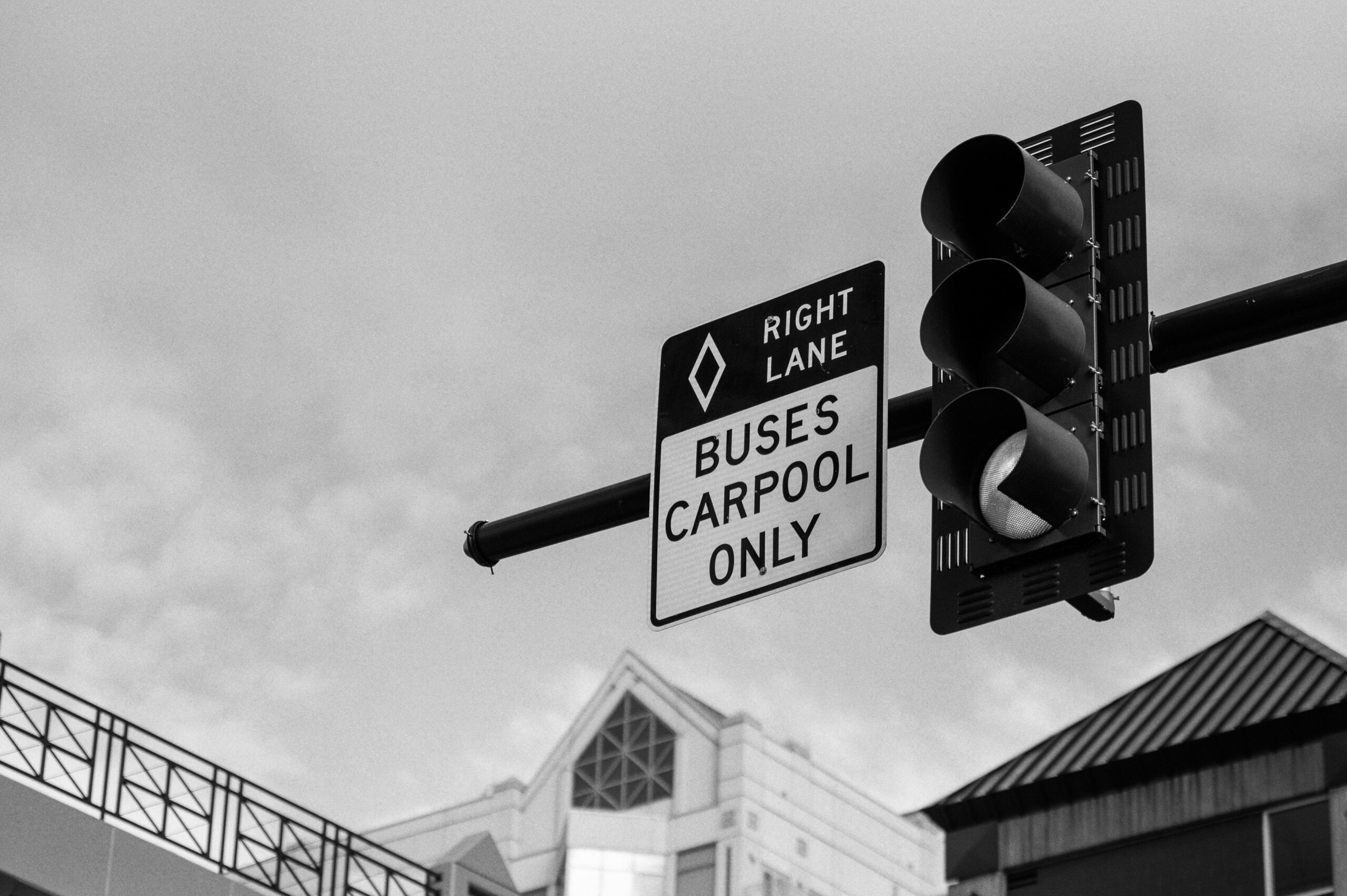In the fight against climate change, every action counts. While global efforts and large-scale initiatives are essential, there are small, everyday actions that can make a significant difference. One such action? Carpooling.
We often think of climate action as requiring monumental efforts, but the truth is, one simple change to your daily routine—carpooling just once a week—can have a powerful impact on reducing carbon emissions and contributing to the United Nations Sustainable Development Goal (SDG) 13: Climate Action.
The Climate Impact of Transportation
Transportation is responsible for nearly a quarter of global carbon emissions, and in many countries, it’s one of the biggest sources of greenhouse gases. According to the International Energy Agency, road transportation alone accounts for about 10% of global energy-related CO2 emissions (Source: International Energy Agency). This is where carpooling comes in as a game changer.
The Power of Carpooling
Carpooling, or sharing rides with others, is a simple action that can have a major impact on reducing both emissions and traffic congestion. When you carpool, you reduce the number of vehicles on the road, which leads to fewer emissions and less fuel consumption.
Here’s how carpooling can make a difference:
- Reduction in Greenhouse Gas Emissions
Carpooling can cut individual carbon emissions by up to 50%, depending on the number of passengers in the car. If you carpool just once a week, you could reduce your carbon footprint by hundreds of kilograms of CO2 annually (Source: Environmental Protection Agency). - Decrease in Traffic Congestion
According to the U.S. Department of Transportation, traffic congestion costs the U.S. economy over $120 billion annually in lost productivity and fuel consumption (Source: U.S. Department of Transportation). - Economic Benefits
Carpooling doesn’t just help the planet—it can help your wallet too. On average, people can save hundreds of dollars a year by carpooling, primarily from the reduction in fuel costs and parking fees. - Building Community Connections
Carpooling isn’t just good for the environment and your wallet—it’s also a great way to build community. Sharing a ride can strengthen relationships with colleagues, neighbors, and friends, turning a daily commute into an opportunity to connect.
How to Start Carpooling
Carpooling doesn’t have to be complicated. You don’t need to coordinate a large group or make extensive plans. Here’s how to begin:
- Find Your Carpool Partners
Start with people you already know—co-workers, neighbors, or friends. You can also use carpooling apps to connect with people nearby who have similar commutes. - Set a Regular Schedule
Even committing to one day a week can make a significant impact. Establish a routine that works for you and your carpool partners, and stick to it. - Share Driving Responsibilities
Taking turns driving ensures fairness and reduces the stress of always being behind the wheel. - Be Flexible
Life happens, and sometimes schedules change. Keep things flexible and adjust as needed to ensure carpooling remains a viable option.
The Bigger Picture: Collective Impact
Imagine if everyone took part in carpooling just once a week. The global impact would be huge. In the U.S. alone, if every commuter carpooled just once a week, we could reduce carbon emissions by over 14 million metric tons annually (Source: EPA – Greenhouse Gas Emissions from a Typical Passenger Vehicle).
This is an action that is simple, scalable, and effective. By making this tiny change to your routine, you’ll be actively contributing to the achievement of SDG 13, which aims to reduce the impacts of climate change.
Bottom Line: Start Small, Think Big
You don’t need to wait for massive global agreements to start making a difference. One carpool ride a week can have a ripple effect—saving you money, reducing emissions, and making the world a little bit cleaner for everyone.
So why not start today? Find a carpool partner and take that first step toward reducing your carbon footprint. It’s one small action that could have a major impact. Together, we can drive change and make climate action a part of our daily lives.




